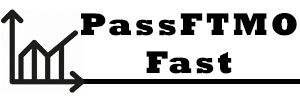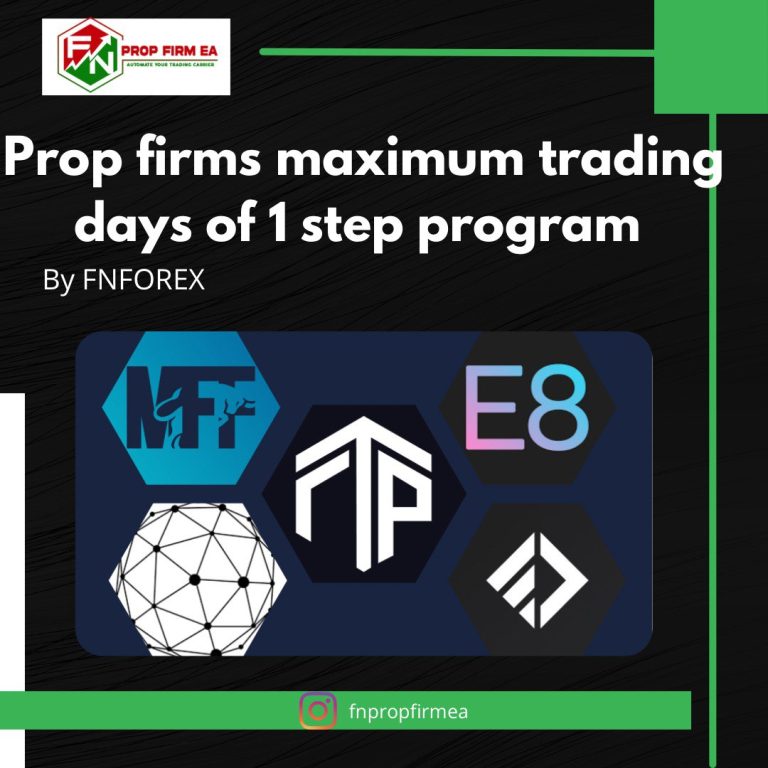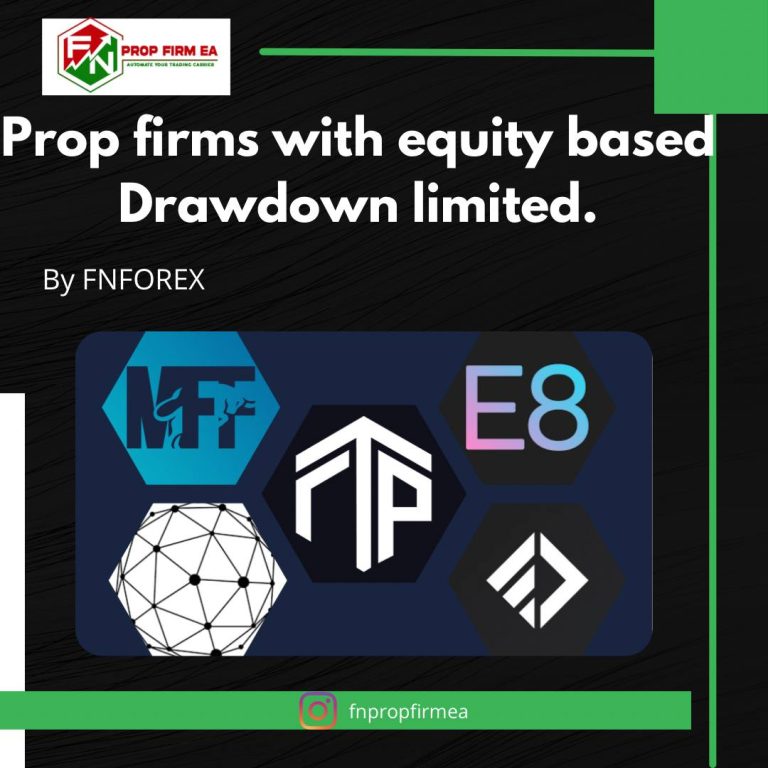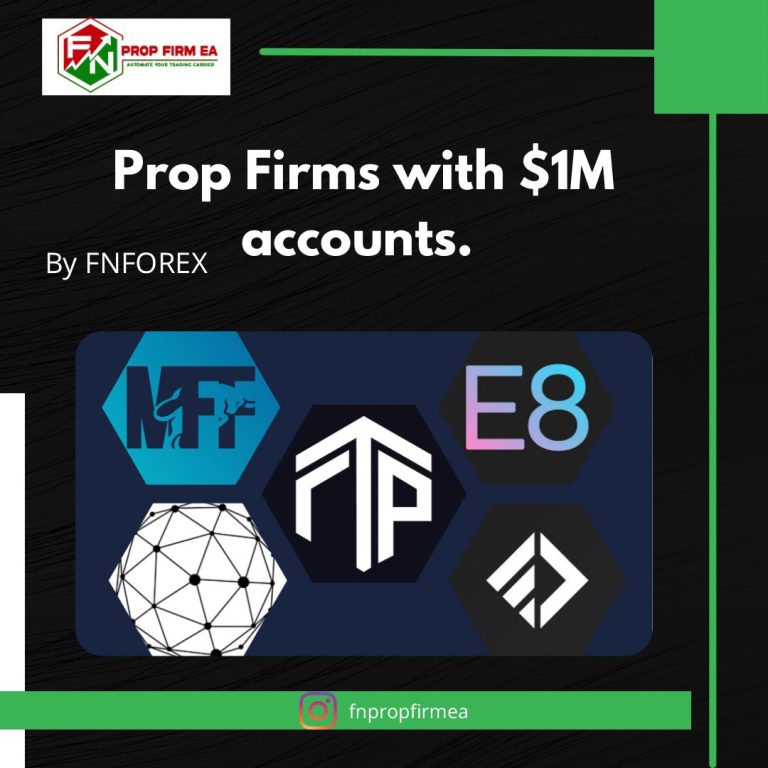Prop firms and trading education

Image Source: Free Images
The world of financial trading is undergoing a significant transformation, thanks to the innovative approaches of proprietary trading firms, commonly known as prop firms. This evolution is crucial in an era where traditional educational models often fall short of equipping traders with the practical skills they need to succeed in the highly volatile and competitive trading environment. This article delves into the role of prop firms in this educational revolution, exploring how they are shaping the future of trading education.
What is Trading Education?
Trading education encompasses the comprehensive learning process that equips individuals with the knowledge, strategies, and skills necessary to navigate the financial markets successfully. This education can range from understanding basic financial instruments and market mechanics to mastering complex trading strategies and risk management techniques. In a broader sense, trading education is not only about learning to execute trades but also about developing a disciplined trading mindset and the ability to make informed decisions in the face of market uncertainties.
The Limitations of Traditional Trading Education
Traditional trading education, often delivered through textbooks, academic courses, and online tutorials, has been criticized for its lack of practical engagement and real-world applicability. Many traders find themselves well-versed in theoretical concepts yet unprepared for the realities of live trading. The gap between theoretical knowledge and practical skills is a significant hurdle, with the high-risk nature of trading amplifying the consequences of this disconnect. Furthermore, traditional educational resources can be outdated, failing to adapt to the rapidly evolving financial markets and the introduction of new trading technologies and instruments.
The Rise of Prop Firms in Trading Education
In response to the limitations of traditional trading education, prop firms have emerged as pioneering educators in the trading world. Prop firms have access to real-time market data, advanced trading technologies, and seasoned traders, all of which position them uniquely to offer practical, up-to-date trading education. This hands-on approach not only bridges the gap between theory and practice but also aligns educational content with current market dynamics.
How Prop Firms are Revolutionizing Trading Education
Prop firms are revolutionizing trading education by integrating real-world trading experiences into their educational programs. They offer simulated trading environments where learners can practice trading with virtual capital, receive immediate feedback on their strategies, and adjust their approaches without the risk of financial loss. This experiential learning is complemented by mentorship from experienced traders, providing insights that can only be gleaned from years of trading. Furthermore, prop firms continuously update their educational materials to reflect market changes, ensuring that learners are equipped to handle the markets of today and tomorrow.
Benefits of Trading Education with Prop Firms
The benefits of pursuing trading education with prop firms are multifaceted. First, learners gain access to cutting-edge trading technologies and platforms, allowing them to become proficient with the tools of the trade. Second, the risk-free simulated trading environment fosters a learning-by-doing approach, which is crucial for building confidence and competence. Third, mentorship from experienced traders offers invaluable insights into the psychological and strategic aspects of trading. Lastly, prop firms often provide pathways for successful learners to trade with the firm’s capital, offering a unique opportunity to kick start a trading career.
Choosing the Right Prop Firm for Your Trading Education
Selecting the right prop firm for trading education requires careful consideration of several factors. Prospective learners should assess the firm’s track record, the credentials of its educators, and the success rate of its traders. It’s also important to evaluate the firm’s educational resources, including the quality of its trading simulations and the breadth of its curriculum. Additionally, the firm’s culture and values should align with the learner’s personal trading philosophy and goals. Finally, transparency regarding the terms of trading with the firm’s capital, including profit-sharing arrangements and any associated fees, is crucial.
Conclusion: The Future of Trading Education with Prop Firms
By offering a pragmatic, hands-on approach to trading education, prop firms are filling the gaps left by traditional educational models. As the financial markets continue to evolve, the demand for skilled traders who can navigate these changes will only grow. As we look to the future, it is clear that the success of traders and the broader financial markets may well depend on the continued evolution of trading education through the lens of prop firms.
In this dynamic landscape, those aspiring to succeed in trading have a unique opportunity to leverage the resources and expertise offered by prop firms. Whether you’re a novice trader seeking to lay a solid foundation or an experienced trader aiming to refine your skills, prop firms offer a pathway to success not found within traditional educational frameworks. The revolution in trading education is well underway, and for those willing to embrace this change, the possibilities are boundless.






